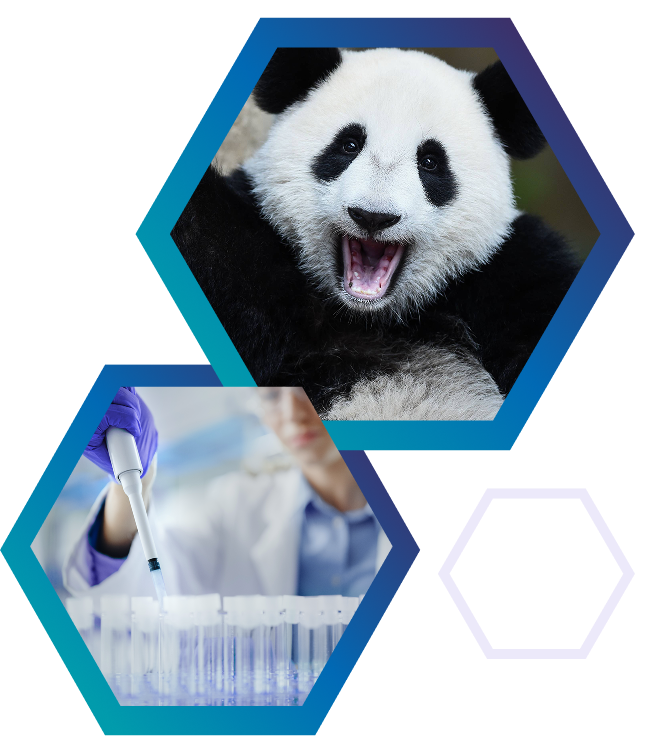A Mother’s Gut – Conservation Insights from the Tibetan Antelope
With Mother’s Day in May, we’re extending our appreciation to mothers in the wild, focusing on the Tibetan antelope. The Tibetan antelope is a remarkable species and conservation success story. These antelopes have seen a resurgence thanks to concerted efforts in the 1990s to stop illegal fur poaching. However, environmental changes such as habitat encroachment and new barriers along their migratory paths continue to pose threats. This is especially true during their journeys to breeding grounds.
The Impact of Triiodothyronine (T3) on Reproductive Health
To aid in these conservation efforts, scientists have turned to measuring key indicators such as the fecal microbiome and metabolites like Triiodothyronine (T3). T3 is crucial for regulating metabolism and supporting development during pregnancy. An insightful study in Current Microbiology explored how fluctuations in the fecal microbiome composition before and after birth correlated with changes in T3 levels, showing significant findings (False Discovery Rate (FDR) < 0.05). The research utilized Arbor Assays’ DetectX® Triiodothyronine (T3) ELISA Kit (K056-H). This kit enabled precise measurement of hormone levels and provided a window into the antelopes’ reproductive health.
Scientific Insights to Conservation Actions
The study’s findings are far from just academic; they offer tangible insights for field conservationists. By establishing a link between microbiome composition and the stages of pregnancy, the research suggests that changes in gut flora could serve as early indicators of environmental stress impacting reproductive health. The correlation between T3 levels and shifts in microbiome diversity highlights changes in the antelopes’ energetic demands and immune system activity before and after giving birth. This understanding can help predict and mitigate the impacts of environmental stressors on vulnerable species.
Empowering Conservation with Advanced Tools
This relationship underscores the importance of quantitative tools like those provided by Arbor Assays in enabling non-invasive fecal monitoring, which could be applied more broadly in wildlife research and conservation efforts. By understanding these intricate biological relationships, conservationists are better equipped to formulate strategies that protect these magnificent creatures.
Learn more about how Arbor Assays’ resources and kits can support crucial wildlife research:
Featured Products
-
In Stock
Triiodothyronine (T3) ELISA Kit
$493.00 – $1,968.00Quantitatively measures T3 present in urine, extracted serum, plasma, fecal extracts, and tissue culture media samples. It measures total T3 in extracted serum, plasma and fecal extracts.





